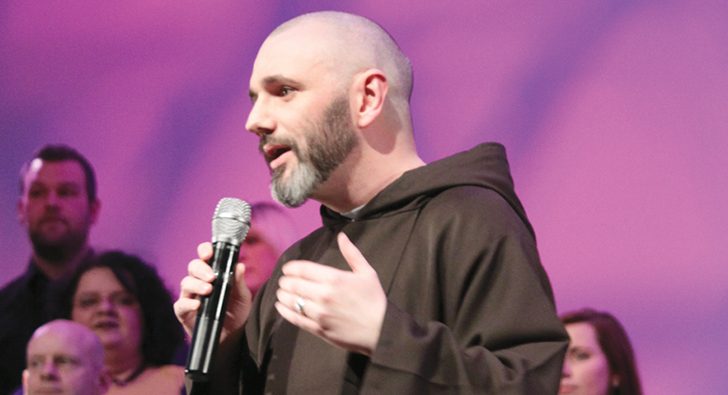The Church should do more to make known the Christian tradition of mindfulness, a leading advocate of the discipline has said.
“What’s really needed is a renaissance of Christian contemporary publishing,” Bro. Richard Hendrick OFM Cap told The Irish Catholic.
“That means repackaging, new translations, etc. of the great classics with good introductions that enable people to connect with them and also encouraging new voices,” he continued. “One of the difficulties we have is that we have Christian writers at the moment who are writing about mindfulness and the value of it but don’t know the tradition well enough to know where it connects to the tradition.”
That tradition, he said, dates back to the Desert Fathers of the early Church and includes such figures as St Francis of Assisi and the 16th-Century Carmelite mystics.
The Donegal-based Capuchin’s comments come against a background of reports of a publishing boom in the areas of mindfulness and spirituality, even as book sales slow elsewhere. According to sales monitor Nielsen Book, almost 13.3% more books offering spiritual assistance have been sold so far in 2017 than in previous years, while the market as a whole has dropped 1.6%.
Popular
Especially popular books include the Buddhist monk Haemin Sunim’s The Things You Can See Only When You Slow Down, and the Dalai Lama and Desmond Tutu’s The Book of Joy.
Noting how some people can be wary of books seeming too ‘religious’ – and being filed in bookshops accordingly – Bro. Richard said contemporary distinctions between religion and spirituality are illogical and ahistorical.
“Part of what I’ve been doing and what the places like the Sanctuary Centre have been doing is saying to people ‘look within our own tradition – there is a perfectly valid and deeply authentic and deeply orthodox way of living this experience of being in the present moment and using that as a way of connecting deeply with the presence of God’,” he said.
Describing contemplative prayer as something to which devotional prayer is meant to bring people, Bro. Richard said a major challenge is to “liberate the vast amount of contemplative practice, tradition and teaching that is present within the Christian tradition and bring that to all Christians as their birth right”. tive practice, tradition and teaching that is present within the Christian tradition and bringing that to all Christians as their birth right”.


 Greg Daly
Greg Daly Bro. Richard Hendrick OFM Cap
Bro. Richard Hendrick OFM Cap